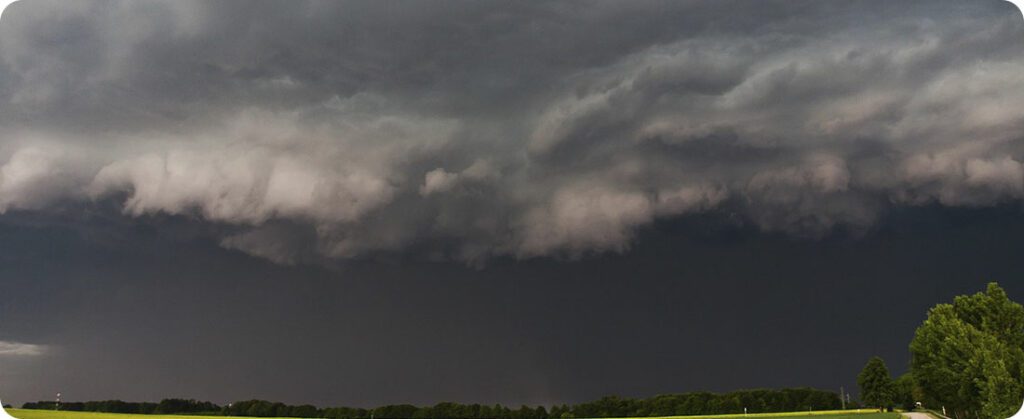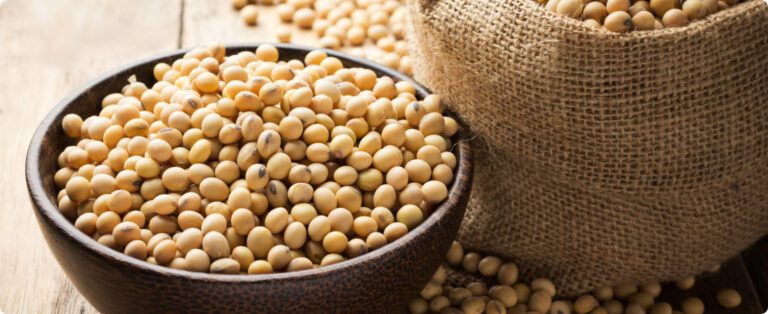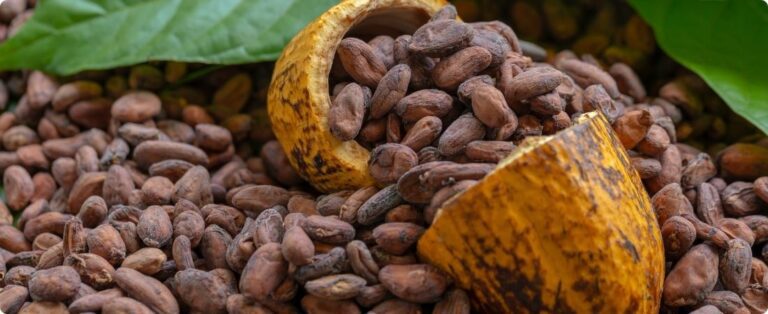
According to meteorologist Gabriel Rodrigues, from Portal Agrolink, the week promises to be busy in terms of climate, with heavy rains forecast for Central Brazil and the formation of an extratropical cyclone in the South. The forecast brings good news for soybean sowing, although there are warnings about the risk of severe storms in the South of the country.
In Central Brazil, rainfall follows the pattern of isolated showers, but with significant volumes for the soil. “These precipitations are fundamental for the advancement of the 2024/25 harvest soy, restoring the moisture needed for the initial development of crops,” explained Rodrigues. States such as Mato Grosso, Goiás and the Triângulo Mineiro should benefit directly from this scenario.
Furthermore, accumulated rainfall may exceed 120 mm throughout the week in areas of southern Goiás, northern São Paulo and the Triângulo Mineiro region. Regions such as Paraná, Mato Grosso do Sul and Bahia may also record significant volumes, with values close to 100 mm, although with irregular distribution. “Even with these rains, it is difficult to pinpoint exact volumes in specific locations. We are dealing with irregular precipitation, which is common at this time of year,” reinforced the meteorologist.
Extratropical cyclone threatens the South with winds and hail
Meanwhile, the South Region will face more severe weather conditions due to the formation of an extratropical cyclone, which is expected to intensify between Rio Grande do Sul and Uruguay until Thursday. The forecast indicates winds of 60 to 90 km/h, in addition to possible storms accompanied by hail, especially in the south of Rio Grande do Sul.
The cyclone could also affect coastal areas in the Southeast, with wind gusts that could reach as far as Bahia. This scenario could negatively impact sensitive crops, such as wheat and vegetables. These crops are in the final stages of production in the South, which increases the risk of losses.
In addition to the heavy rains, the passage of the cyclone is expected to cause a drop in temperatures over the weekend, mainly affecting the South Region, Espírito Santo and Minas Gerais. “With the arrival of this cold air, some regions may record temperatures below 10°C, which could impact pastures and short-cycle crops,” warned Rodrigues.
Source: Aline Merladete | agrolink















